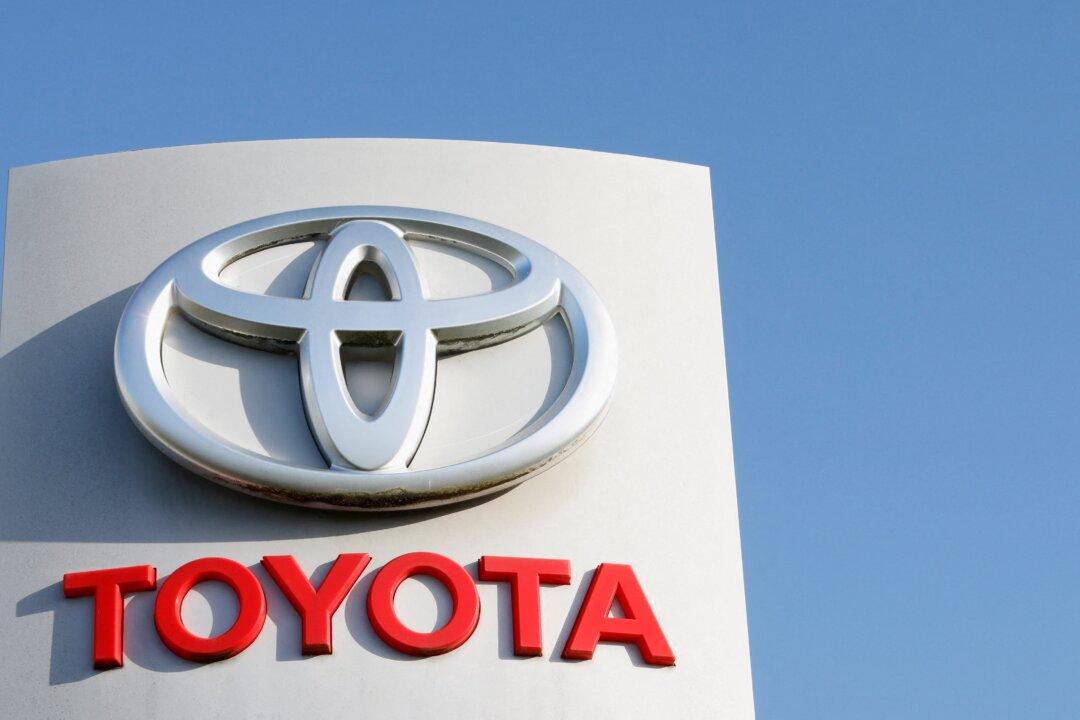A top Toyota scientist warned against the sudden push toward electric vehicles for now, ahead of a Group of Seven summit in Japan.
Last month, environment and energy ministers at the G7 conference in Hokkaido, Japan, pledged to reduce vehicle emissions by 2035, without announcing any deadlines or short-term goals in the meantime, reported Bloomberg.





